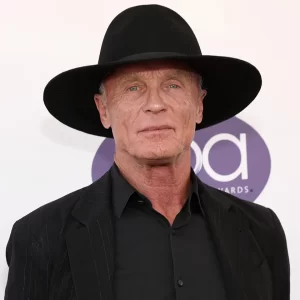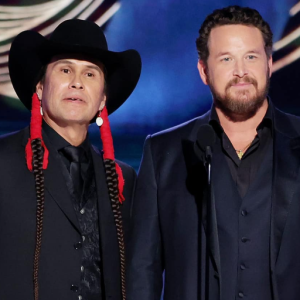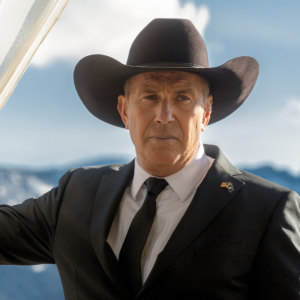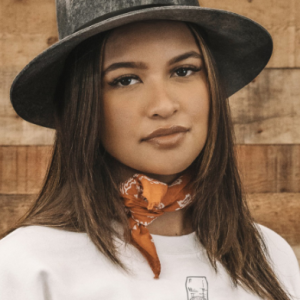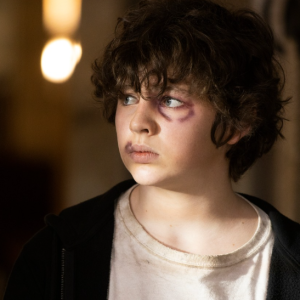Kevin Costner, the celebrated actor and filmmaker, has demonstrably proven his enduring appeal in an entertainment landscape increasingly dominated by streaming platforms. While many seasoned stars grappled with the digital shift, Costner embraced the evolving medium, meticulously selecting roles and projects that resonated with a global, modern audience. His astute navigation of this new era culminated in a career-defining performance that cemented his status not just as a Hollywood icon, but as a cultural touchstone for a new generation: his portrayal of John Dutton in Yellowstone.
The series, which premiered on a leading streaming platform, quickly garnered widespread acclaim for its gripping narrative, stunning cinematography, and, most notably, its standout performances. Costner’s turn as John Dutton, the patriarch of the sprawling Yellowstone Dutton Ranch, marked a major resurgence in his career, captivating viewers with a character both formidable and profoundly human. Dutton is a man carved from the rugged Montana landscape he fiercely protects—a figure embodying the complex spirit of the modern American West, burdened by legacy, driven by an unyielding desire to preserve his family’s land, and willing to employ any means necessary to do so.
Costner brought an unparalleled emotional depth and visceral grit to John Dutton. His performance is a masterclass in controlled intensity, conveying a lifetime of hardship, love, and ruthless decision-making through subtle expressions and a commanding presence. Dutton is not merely a ranch owner; he is the embodiment of a fading way of life, constantly battling external threats from land developers, the neighboring Broken Rock Indian Reservation, and internal conflicts that tear at the fabric of his own dysfunctional family. Costner’s stoic yet deeply emotive delivery allowed audiences to connect with a character who, despite his often morally ambiguous actions, elicits a profound understanding of his motivations. He portrays Dutton as a man who operates by his own code, a code forged in the crucible of tradition and survival, often at odds with contemporary societal norms.
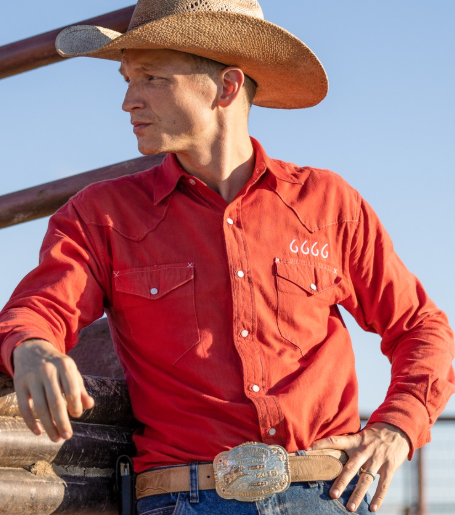
The success of Yellowstone is intricately tied to Costner’s ability to anchor such a complex, long-form narrative. Over multiple seasons, viewers have witnessed John Dutton’s relentless struggle to hold onto the largest contiguous ranch in the United States. This fight is multifaceted, involving intricate political maneuvering, tense legal battles, and outright violent confrontations. The series masterfully explores themes of land ownership, indigenous rights, environmental conservation versus corporate greed, and the fading ideal of the American cowboy. Costner’s Dutton stands at the epicenter of these swirling forces, a reluctant leader whose every decision carries immense weight for his family and their future.
His relationships with his children—the fiercely loyal and cunning Beth, the conflicted and often estranged Kayce, and the perpetually insecure Jamie—form the emotional core of the series. Costner portrays John’s deep, often destructive love for his children with heartbreaking honesty. He is a father who demands loyalty, gives sparingly of affection, and frequently manipulates his offspring for the greater good of the ranch. Yet, in moments of vulnerability, Costner peels back Dutton’s hardened exterior, revealing a man scarred by loss and desperate to shield his bloodline from further pain. This duality—the ruthless protector and the grieving father—is a testament to Costner’s nuanced acting, allowing John Dutton to be both admired and feared, understood and condemned.
Yellowstone also delves into the stark realities of modern ranching, depicting the hard work, economic struggles, and often brutal aspects of animal husbandry and land management. It eschews romanticized notions of the West, instead presenting a more grounded, albeit dramatically heightened, depiction of life on the frontier. Costner, with his iconic history in Westerns like Dances with Wolves and Open Range, brought an undeniable authenticity to the role, lending credibility to the series’ portrayal of this unique subculture. His experience not only informed his performance but also elevated the entire production, making the world of Yellowstone feel lived-in and genuine.
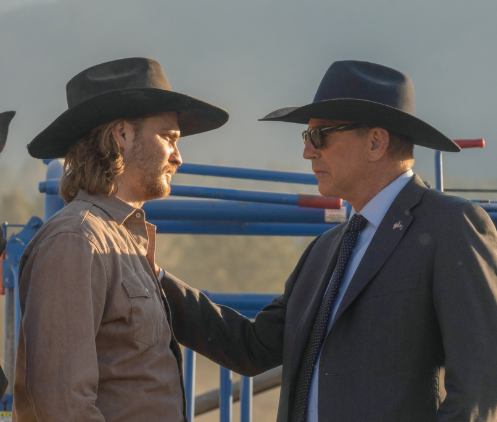
Beyond the intricate family dynamics, the series thrives on its portrayal of political corruption and the pervasive influence of corporate power. John Dutton often finds himself entangled in high-stakes dealings with powerful entities like Market Equities, an investment firm intent on developing the land around the ranch. Costner’s character navigates these treacherous waters with a shrewdness born of necessity, often employing tactics that blur the lines of legality and morality. This constant tension between traditional values and encroaching modernity is a driving force of Yellowstone, making it a compelling commentary on contemporary American society.
The widespread appeal of Yellowstone not only reintroduced Kevin Costner to a new generation of fans but also revitalized the neo-western genre, proving its immense potential for long-form television storytelling. The series became a cultural phenomenon, inspiring spin-offs like 1883 and 1923, which delve deeper into the Dutton family’s history, further solidifying the universe Taylor Sheridan created. This expansion of the Yellowstone saga underscores its profound impact and the enduring fascination with the themes it explores.
Costner’s willingness to embrace this challenging, extended role on a streaming platform showcased his remarkable adaptability. Far from resting on his laurels, he continued to explore diverse roles across various digital platforms, demonstrating a commitment to taking risks and engaging with new storytelling formats. This adaptability has been central to maintaining a fresh and engaging presence in an industry that consistently rewards reinvention. Through Yellowstone, Kevin Costner not only delivered one of the most memorable performances of his illustrious career but also carved an indelible mark on the landscape of modern television, ensuring that the legacy of John Dutton, and Costner’s own, will resonate for years to come.
